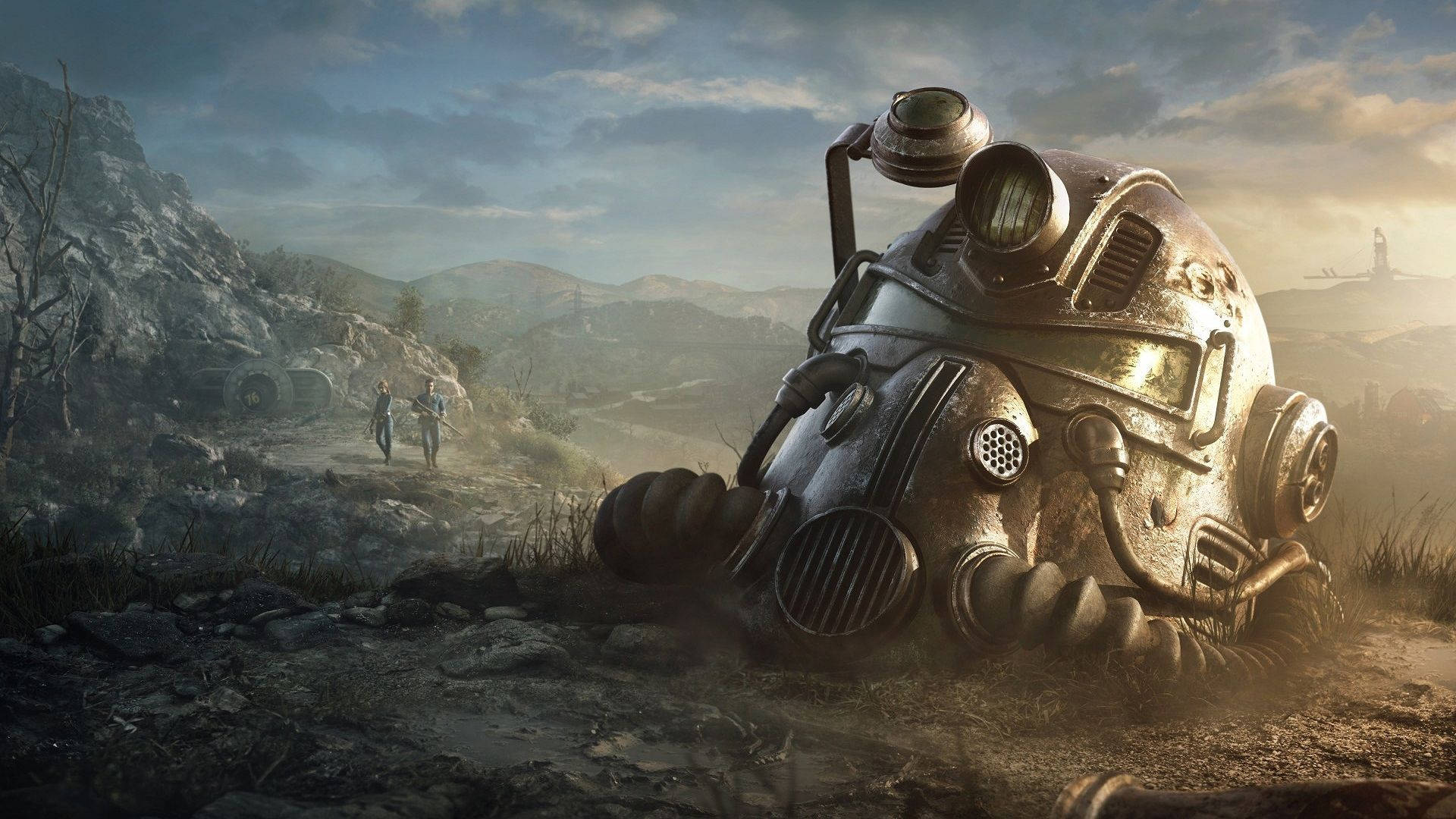Why I don't buy anything on Amazon Prime Day: A primer for saving money
Here are some prime reasons to skip Prime Day.
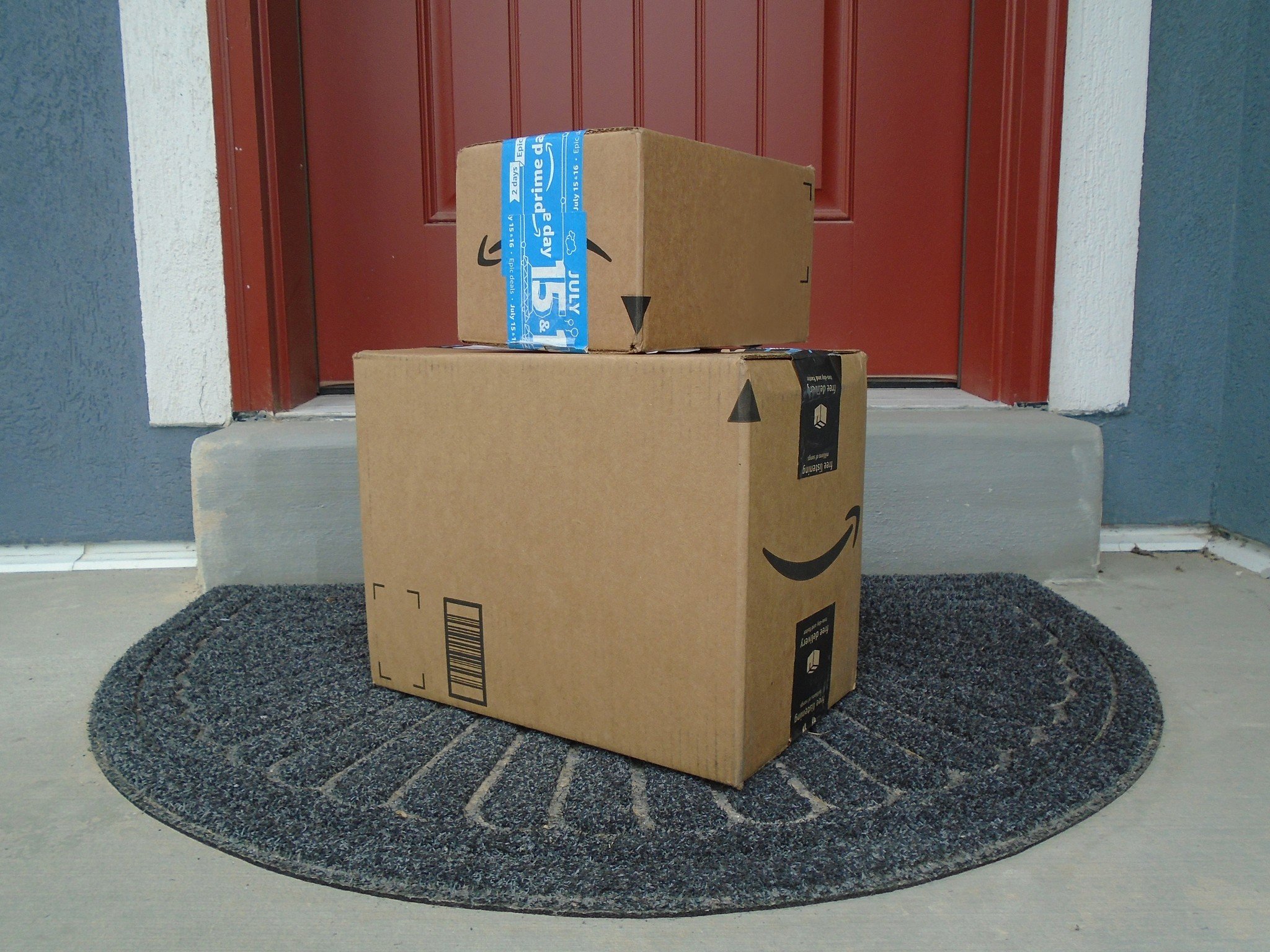
All the latest news, reviews, and guides for Windows and Xbox diehards.
You are now subscribed
Your newsletter sign-up was successful
Another year, another Amazon Prime Day. However, a large contingent of shoppers, myself among them, don't care to partake in the annual Amazon riffraff. There's a reason for that: Amazon Prime Day isn't the best in class of its own sale type, especially not this year.
2021 is a worse year than usual for sales for reasons that shouldn't need explaining to anyone. But for those not in the know, a little pandemic and its supply-related trickle-down effects on consumer goods mean shortages are widespread and, where there are shortages, there are not good discounts. Demand is high, supply is low, and few manufacturers are keen on losing out on money consumers are willing to pay.
But that's just the tip of the Bezos-sculpted iceberg. There are evergreen justifications for skipping Prime Day no matter what solar cycle it is, and I'll address those as well. Here are my reasons for abstaining from Prime Day 2021, as well as some food for thought on why you should too.
Pitfalls of Prime Day
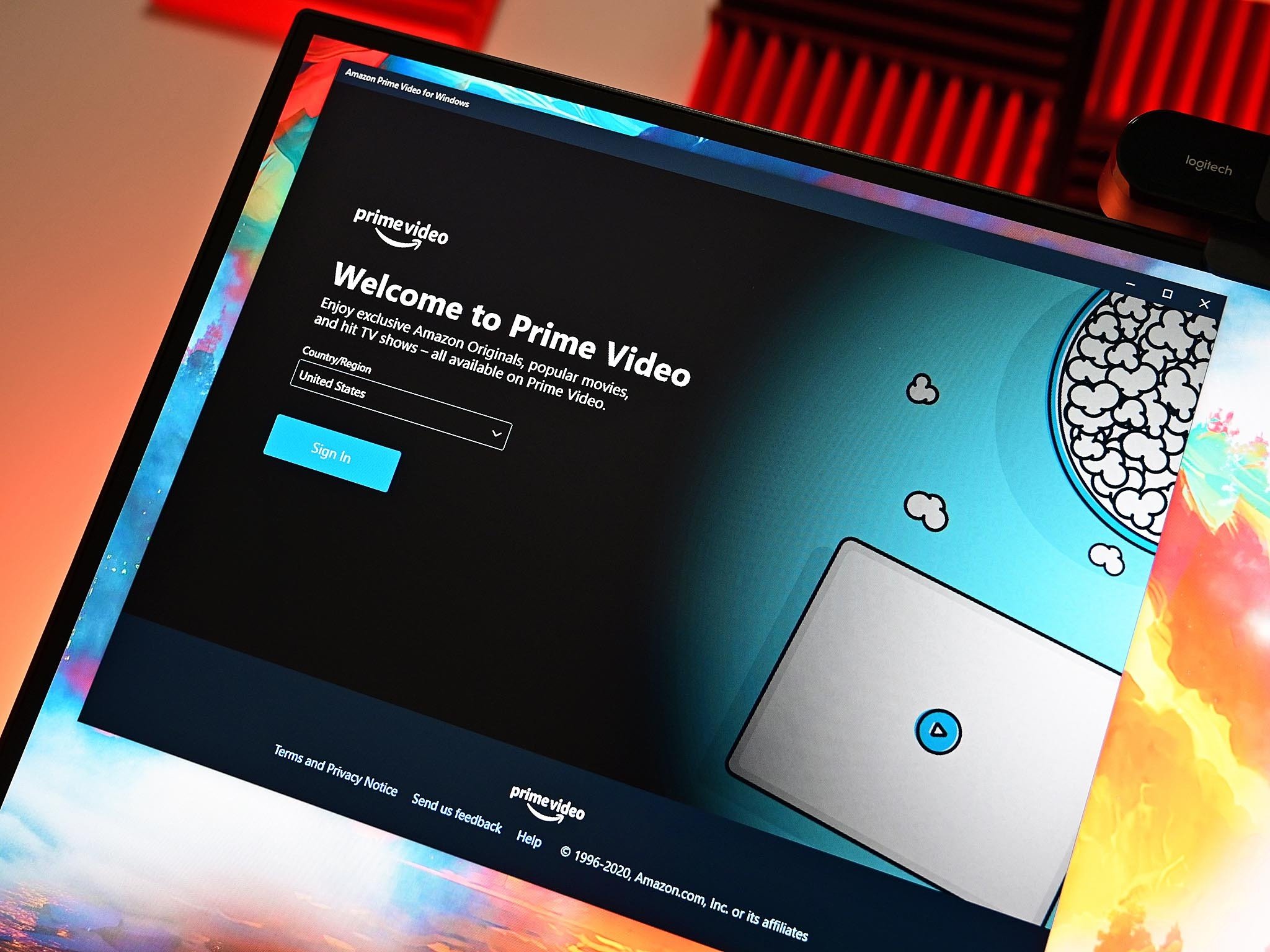
Tech shortages are a big topic of discussion this year. Prime Day has never been outstanding for tech discounts outside of the rare lightning deal, and this year is bound to be hurt more than most by the semiconductor crisis and its associated fallout.
There will be some truly standout savings amongst the best Prime Day 2021 laptop deals or the best Prime Day 2021 SSD deals, but they'll be hard to find and even harder to snag before supplies run out. For example, don't expect outstanding discounts on the best graphics cards or best CPUs. The odds of you even finding such parts at MSRP on Prime Day are no different than any other day of the year.
Beyond 2021-specific shortage issues, there's also the general inconsistency of Prime Day. Though a few areas always get savings, such as the best Prime Day gaming headset deals, everything outside the core circuit is a bit of a gamble. The only semi-guarantee is that Prime Day will feature Amazon products, meaning if you want anything besides an Echo or Kindle, you might just be wasting your time spending two days in front of a virtual shopping cart waiting for savings that will never materialize.
Don't take my word for it. Just use the Camelizer extension to check the historical price lows of Amazon items and you'll see firsthand how Prime Day doesn't stack up when it comes to savings opportunities. Black Friday and random one-off sales throughout the year are typically when greatness appears.
All the latest news, reviews, and guides for Windows and Xbox diehards.
A warehouse of issues
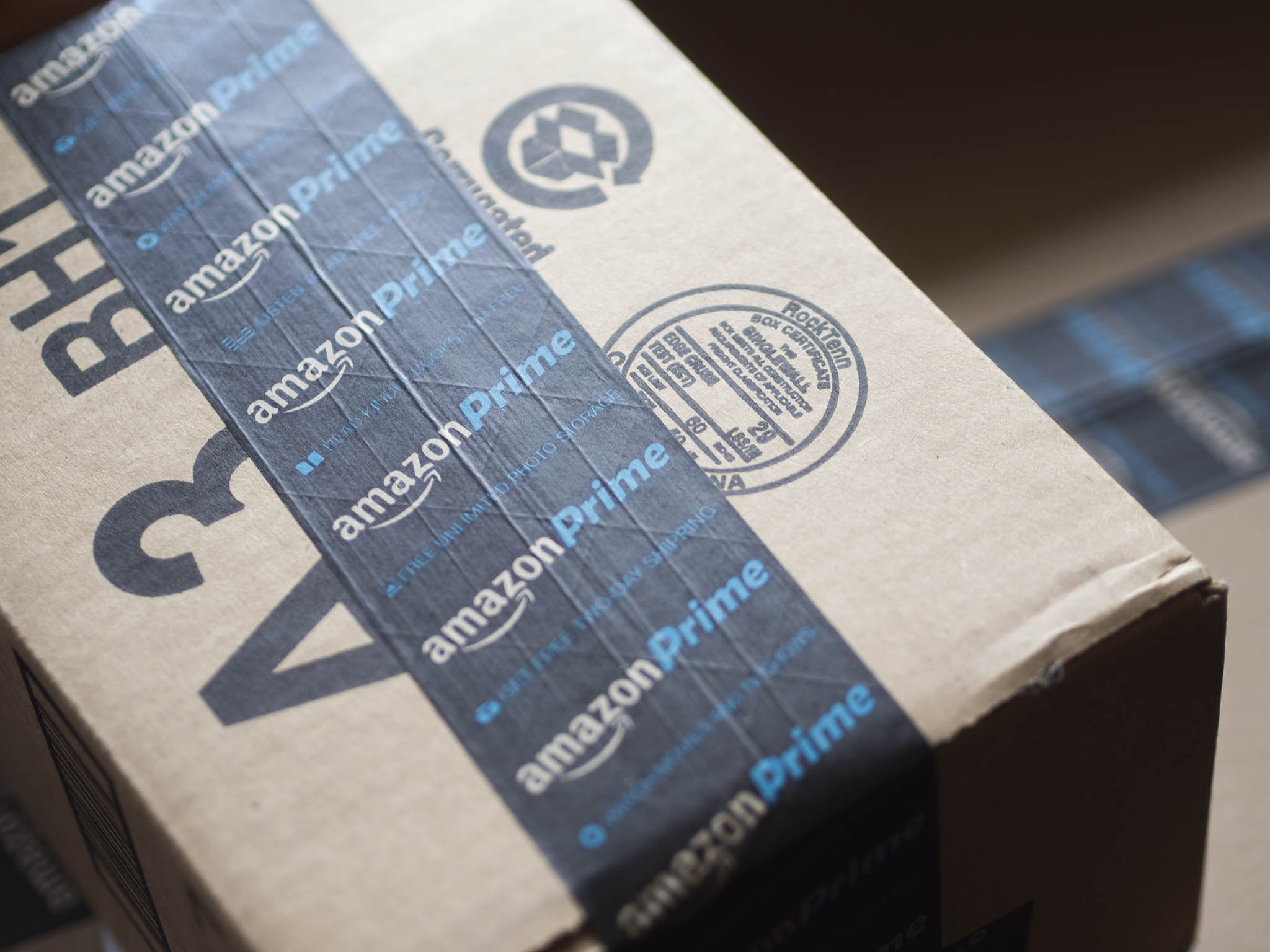
Speaking of Prime Day's Amazon-centric nature, there are also the usual concerns related to all things Amazon. Chiefly, are warehouse workers going to get potentially life-altering injuries as a result of being overworked on Prime Day (beyond the usual amount of overwork said warehouse employees suffer on normal days)? Do you want to endorse that system of abuse just to save a few dollars on some earbuds?
Mind you, many people don't care enough to cut off Amazon entirely. I don't, ashamed as I am to admit it. Still, there's something a little extra slimy feeling about how much uglier things might get for warehouse workers around holidays and events such as Prime Day, which makes me want to abstain from the event even more.
And, basic worker welfare and safety (which is not a political matter, before anyone in the comments gets rowdy) aside, there's one more key point against Amazon Prime Day to consider: The fact that other companies do Prime Day better than Amazon.
Sizing up the competition
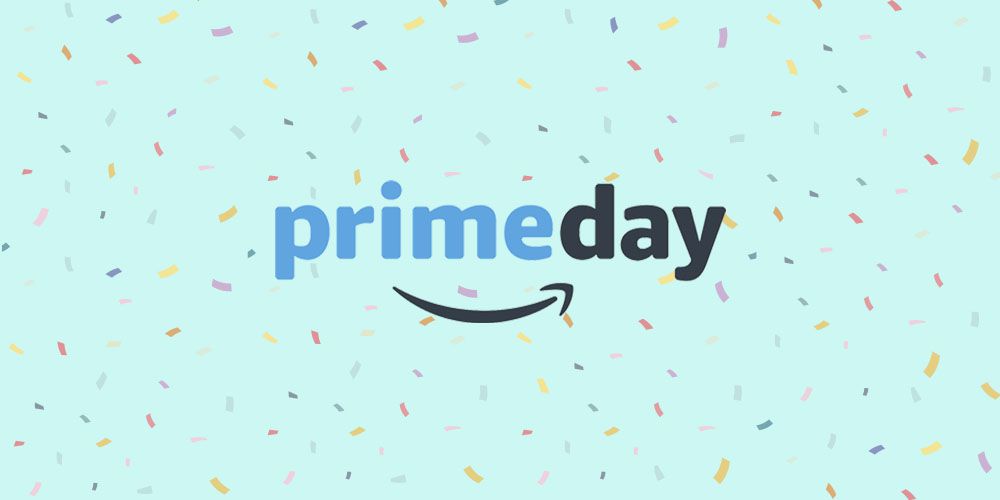
Some places kick the life out of Amazon's Prime Day deals all year round. The free market over on Reddit, as well as buyer-friendly sites such as eBay, are always dropping massive deals and insane prices that put Prime Day to shame.
And on Prime Day itself, Amazon competitors come out in force. The best Prime Day deals are then, ironically, often found at places such as Best Buy and Walmart, where the "other guys" step up their game to show why Amazon is overrated.
Between competition and all the other reasons listed above, Prime Day is something I've never been able to get into. I'll be here writing about it, sure, but I'm not going to be spending my hard-earned dollar at Amazon. Other sellers offer better prices, and Amazon itself doesn't have a killer angle for Prime Day anymore, beyond the vague pitch that maybe you'll get a new Instant Pot for a couple of dollars off if you obsessively check the everything store for 48 hours straight.

Robert Carnevale was formerly a News Editor for Windows Central. He's a big fan of Kinect (it lives on in his heart), Sonic the Hedgehog, and the legendary intersection of those two titans, Sonic Free Riders. He is the author of Cold War 2395.
